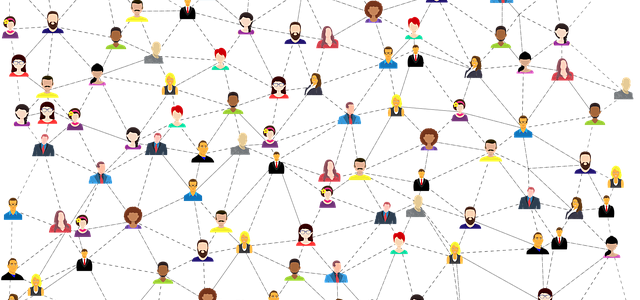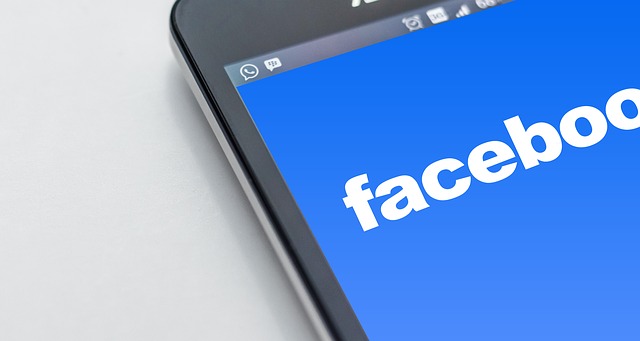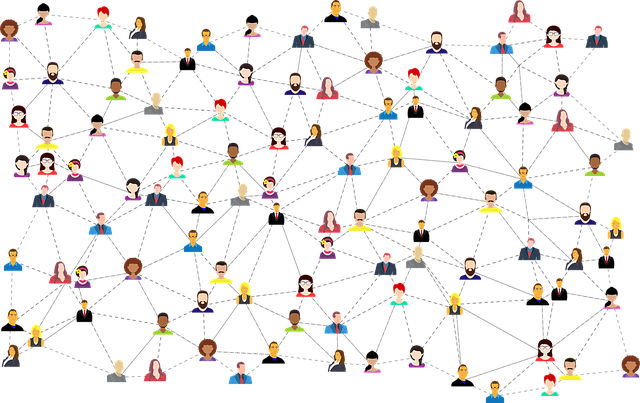
How is the Social Media Killed Internet Privacy?
COMMENTARY | Almost two years ago, Mark Zuckerberg, creator of Facebook, made a bold statement. According to Zuckerberg, privacy had seen the last of its days. Today, the rest of the world is seeing the truth behind his words.

Already people disclose more their personal information online than they would with close friends. What he didn’t mention, however, was the fact that nearly everything users do online — whether it be searching via Google, “liking” web pages or new stories, browsing through YouTube viral videos or even something as simple as making an online purchase-is being tracked. For promotion of account, people are interested to get instant views instagram. The account privacy will be changed to public for increasing views. Sometimes, it can lead to serious problems for the privacy of the person.
According to its privacy policy, Facebook states that it improves its functionality by studying the actions of its users. Not only does Facebook collect site activity information, which includes wall posts, photo albums, pokes and likes, it also collects information from the device being used to access Facebook, such as the user’s location and IP address, as well as his or her cookies.
“I know that it is the intention of social media sites to collect data about their users and determine their online preferences. That’s how they develop new social media channels and tactics,” said Lauren Dorsch, a 2010 graduate of Seton Hill University in Greensburg, Pa. “It’s a little creepy, if you think about it, but I’m okay with it. It’s a part of today’s culture.”
Even though social media is a part of our culture, many college students remain ignorant of just how much of themselves they expose to the world.

“I was aware of the site activity logging because that makes sense to me, but it is new to me that they [social media networks] would collect so much information on my personal computer or cookies. Honestly, I didn’t think anyone could access cookies from outside networking,” said Mercyhurst College senior Angelina Smith.
Smith isn’t alone. Many users don’t take into account that when they share information with “everyone,” it means their profile may be viewable by non-Facebook users and available to search engines.
“Young people, especially, need to be more aware of this,” said Dorsch. “They still have their entire lives and careers ahead of them.”
Smith, an English-Spanish major, has a simple solution: “Delete your Facebook and go see a movie with real ‘friends’ face to face. If that seems too drastic, at least be cautious when adding people you barely know or when discussing all of your personal issues on a public forum.”
Dorsch, who serves as a communications representative for a large multi-billion-dollar corporation in the Pittsburgh region, acknowledges that working with social media from a professional standpoint changed her perspective.
“Facebook and Twitter are more than just looking at pictures of your friends’ drunken weekends,” she said.
“They can be used to enhance, protect and enable the brand of a company and create brand awareness in ways that traditional advertising cannot.”
A click of the mouse on an ad on Facebook leads users away from Facebook and away from an area where their information is “safe.” Facebook isn’t responsible for companies who use the Facebook Platform.
![]()
To combat this risk, why not switch to Google+, an ad-free social media network? Already over 25 million users have migrated to Google+. Whether they abandoned or continue to use Facebook is irrelevant. What is relevant, however, is the fact that Google already tracks the 3 billion search requests it receives daily.
Google owns YouTube and operates Gmail, the second largest email provider online. The fact is, Google doesn’t need ads on its social media network to track you. It’s already doing it with every search you make.




